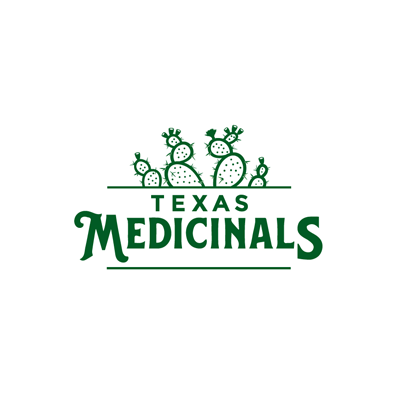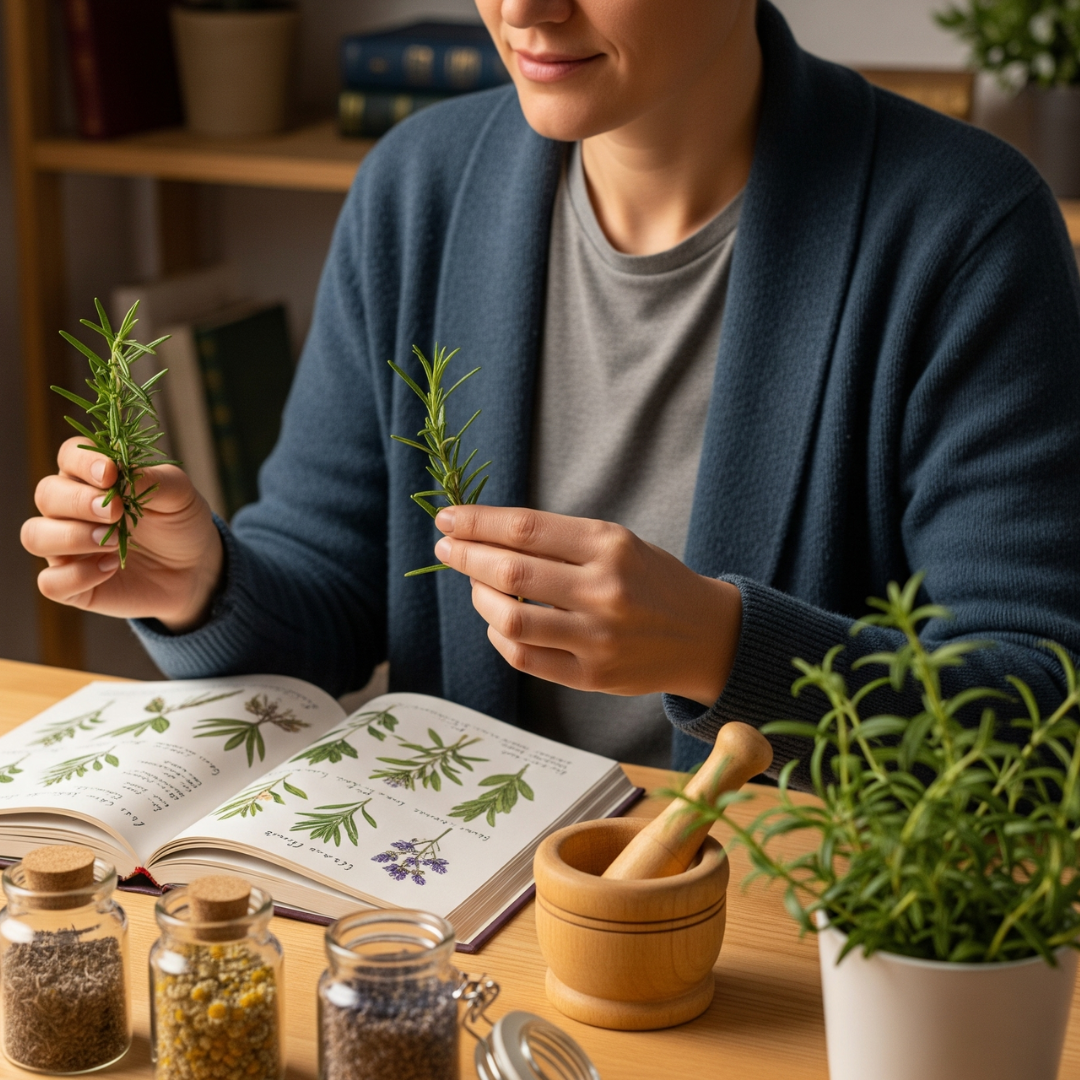
Three Herbal Allies for Stress Support: Skullcap, Milky Oats & Prickly Ash
For many of us, stress is an all-too-common companion. So it’s no surprise that we look for ways to feel more grounded, less reactive, and better equipped to meet life’s daily demands. Herbal allies can offer gentle, time-honored support—especially when combined with rest, nourishment, and intentional practices.
Among the many plants known for their affinity with the nervous system, three stand out for their unique ways of working with stress: Skullcap, Milky Oats (and Oatstraw), and Prickly Ash. Each brings a different kind of support—calming, nourishing, and activating. When used thoughtfully, they may help us reconnect with a deeper sense of calm and clarity.
Skullcap: A Calming Companion for Restless Minds
American Skullcap (Scutellaria lateriflora) is a gentle, traditional herb used by herbalists to support emotional balance and ease internal tension. This flowering member of the mint family has long been associated with calming overactive thoughts and helping the body shift out of a state of hyper-alertness.
Skullcap is often used to:
- Support the nervous system during periods of high stress
- Soothe circular thoughts and internal restlessness
- Ease muscle tension, particularly in the jaw, neck, and shoulders
- Encourage relaxation without strong sedative effects
Preliminary research suggests Skullcap may play a role in calming the nervous system. In some people, this can potentially translate into a greater sense of ease and improved mood. While more human studies are needed, its long-standing use in traditional herbalism speaks to its reputation as a steady, reliable herb for nervous tension.
Milky Oats & Oatstraw: Nourishment for a Depleted System
Milky oats and oatstraw come from the same plant—Avena sativa—but offer slightly different gifts. Milky oats are harvested in their fresh, “milky” stage, while oatstraw includes the dried stems and leaves. Both are considered trophorestoratives, meaning they help restore and nourish the nervous system over time.
- These parts of the oat plant are often used to:
- Support resilience after prolonged stress or burnout
- Gently ease feelings of anxiety or emotional overwhelm
- Rebuild vitality in depleted or emotionally exhausted individuals
- Offer long-term nourishment without sedation
Rich in minerals like calcium, magnesium, and silica—as well as B vitamins and beta-glucans—oatstraw and milky oats may also offer antioxidant and anti-inflammatory benefits. Some herbalists refer to this plant as “food for the nerves,” and some people find that with regular use, it can promote a sense of grounded calm and emotional steadiness.
Prickly Ash: Warming Support When You Feel Stuck
Unlike the quiet calm of skullcap or the deep nourishment of oats, Prickly Ash (Zanthoxylum spp.) brings a warming, energizing quality that can be especially helpful when stress shows up as stagnation or shut-down. Often called the “toothache tree” due to its traditional use for oral discomfort, Prickly Ash is known in herbal traditions for promoting movement—of blood, energy, and emotion.
Traditionally, it has been used to:
- Support circulation in those who feel cold, tired, or heavy
- Help reawaken systems that feel dull or stagnant
- Offer stimulation and warmth during emotionally taxing times
- Enhance the action of other herbs in a formula
Modern studies in animals have shown Prickly Ash may influence inflammatory processes and support digestive health. It also appears to have antibacterial and antifungal properties in lab settings. While further research is needed, its long history in herbalism suggests it may be particularly useful when stress leaves someone feeling disconnected or depleted.
A Holistic Approach to Herbal Support
While each of these herbs offers distinct benefits, they share a common thread: potentially supporting the body’s ability to adapt to stress. Whether through calming the mind, nourishing the nerves, or activating circulation, Skullcap, Milky Oats, and Prickly Ash can be meaningful allies on the journey toward greater balance.
Of course, herbs are not one-size-fits-all, and the best results often come when they’re part of a broader wellness practice that includes rest, nutrition, movement, and emotional support. It’s always wise to consult with a qualified herbalist—especially if you’re pregnant, nursing, or managing a health condition.
Please also keep in mind that the information provided in this article is for educational purposes only and is not intended to diagnose, treat, cure, or prevent any disease. We are not medical doctors, and the use of herbs and plant-based wellness practices is not a substitute for professional medical advice, diagnosis, or treatment. Always consult with a qualified healthcare provider or a licensed physician—especially if you are pregnant, nursing, have a medical condition, or are taking prescription medications. Herbs can interact with medications or underlying conditions, and any therapeutic choices should be made under the guidance of a knowledgeable practitioner.


